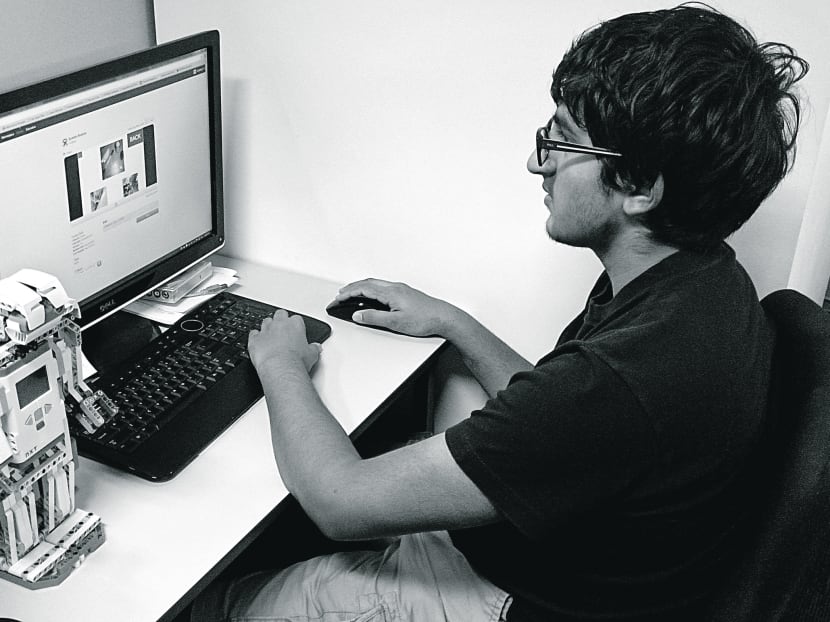How to exceed expectations
Arriving in Singapore in 2006 as part of the start-up team for the Duke-NUS Graduate Medical School, we had our hands full transforming the curriculum from lecture-based to team-based learning, hiring and training staff, designing a new facility, building IT infrastructure and so on.
Arriving in Singapore in 2006 as part of the start-up team for the Duke-NUS Graduate Medical School, we had our hands full transforming the curriculum from lecture-based to team-based learning, hiring and training staff, designing a new facility, building IT infrastructure and so on.
With a small team, I got to thinking about motivation and how to enhance performance. Could I encourage my team beyond their perceived potential by promoting curiosity, anticipation and responsible risk-taking? We had 17 months until our first class and I realised that achieving this would be critical to our success.
Focusing on the need to implement IT infrastructure that would support team-based learning, I wanted my team to probe the concept of team-based problem-solving. I wanted them to project their curiosity forward and anticipate issues. I wanted them to take responsible risks with design and implementation without requiring my approval.
I accepted “responsible” failure and told my team that if they screwed up, then it was because I directed them to do this or that. The question for me was whether this approach would increase productivity and reduce management to a level that would result in functional classes 17 months later.
I find that a work environment with “professional toys” — things I can bring into our area, place on a table and watch what happens — enables more productive performance. And so, for example, I bought a Lego Mindstorms unit. Within a few days, some of our team had built a robot and learnt something. They were exceeding my expectations and we were all having fun.
But how far can an environment designed to stimulate and nurture curiosity be pushed? Over the past three years, I have been able to test this.
I had several high school students spend part of their summer with me at Duke-NUS. I assigned a project gauged to their skill level; in each case, the students met my expectation. But how would I encourage them to exceed my expectations?
This summer, I decided to let the workplace environment set the agenda. I purchased a Makerbot Replicator 2x 3D printer and an Oculus Virtual Reality head unit, and installed GameSalad — a game design engine that’s easy for non-programmers to use — on a Mac computer. I expected the two high school students to learn a bit about these and convey their insights to me.
Unlike before, I gave no specific project assignments. With open-ended projects, to my great surprise, both students exceeded my expectations.
GameSalad turned out to be a perfect tool for Prahlad Krishnan, then 16, to build a mood/emotion-altering game, for instance. Exploring the world of games as possible training tools for memory and emotion, he developed several, including a game to “train” one to have an optimistic outlook. It consists of a matrix of 16 faces, one happy and the rest sad; the goal is to quickly identify the happy face, thus learning to ignore the sad ones.
The surprise, to me, was that these 15- and 16-year-old students had taught themselves, via Internet-accessible resources, to become quite proficient in 3D printing, developing serious games and entering the world of virtual reality. They’d asked questions of others in my team, but mostly they worked by themselves.
Enhancing our work environment in ways which reward curiosity and encourage creativity can lead to unexpected improvements in performance, as well as promote lifelong learning and motivation.
ABOUT THE AUTHOR:
C Frank Starmer is Associate Dean of Learning Technologies and Professor, Cardiovascular and Metabolic Disorders Programme, at the Duke-NUS Graduate Medical School. Education reform is one of his passions.







